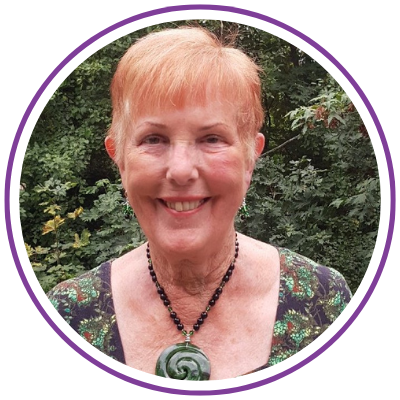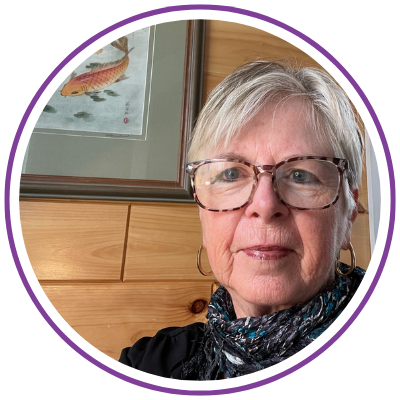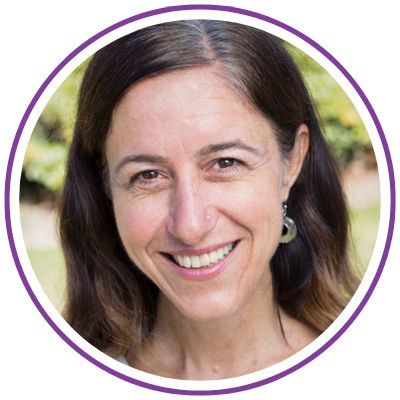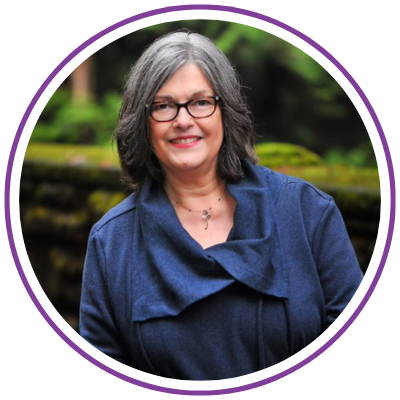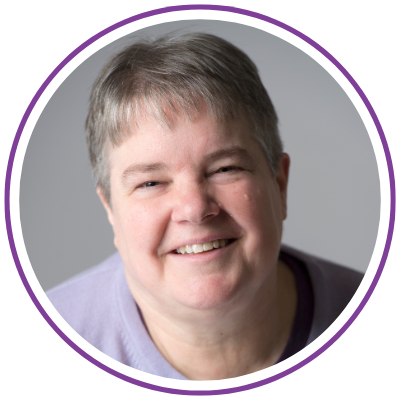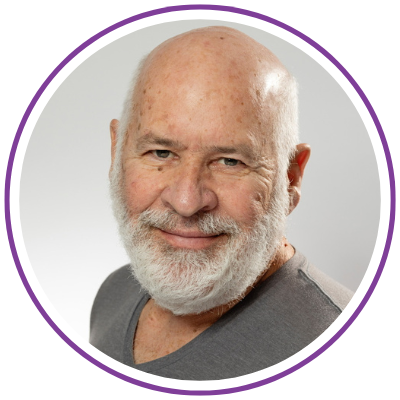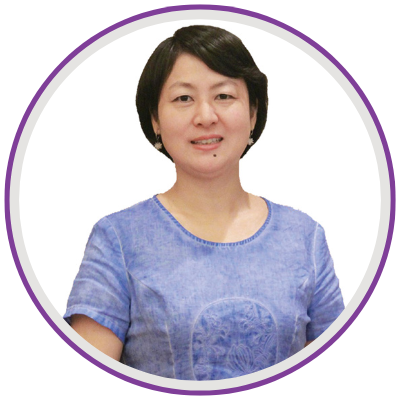No products in the cart.
Our Trainers
About the SIP Core Trainers
SIP Training Programs are provided by professional trainers who have extensive experience teaching the Satir Model in a variety of settings. All of our programs are experiential with an emphasis on personal and professional application of the learning through practicing and exploring Satir Transformational Systemic Therapy throughout the training.
SIP Core Trainers
SIP Adjunct Trainers
Our adjunct facluty provides special programs featuring unique ways of integrating the Satir Model in various contexts. Each of our adjunct trainer brings something special to our participants from their unique scope of practice. SIP us proud to include their gifts and talents in our programing.

